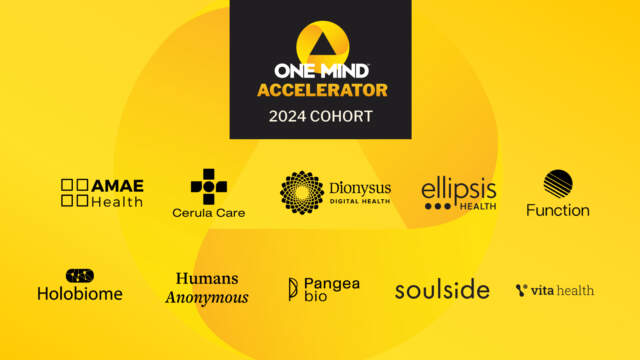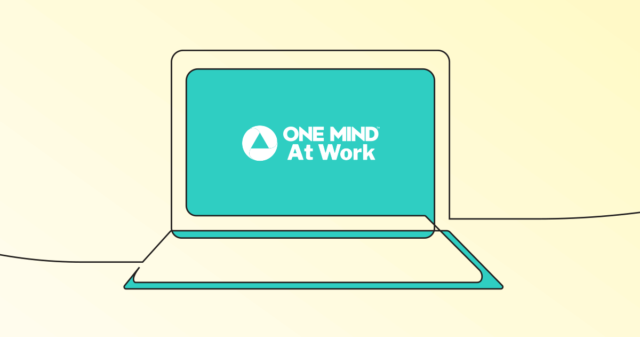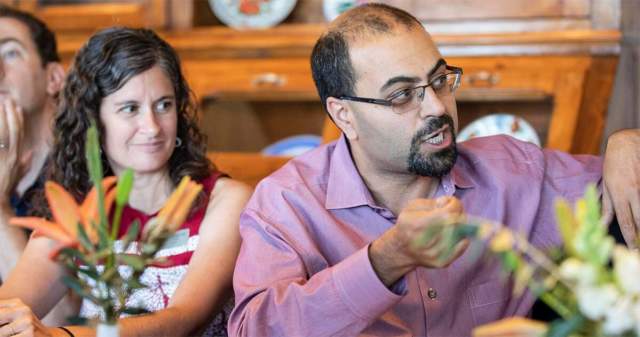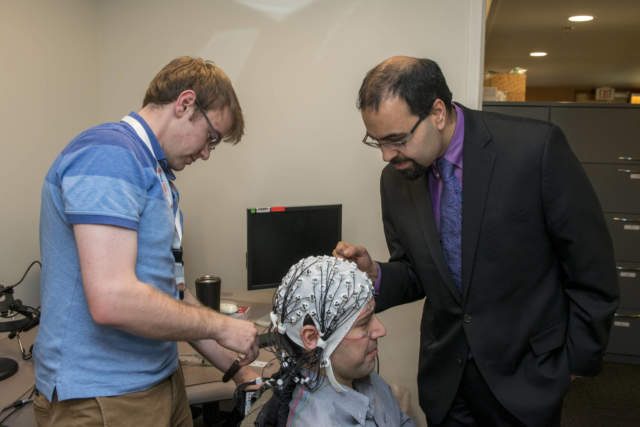In 2017, One Mind awarded Alik Widge, MD, PhD with the One Mind / Janssen Rising Star Translational Research Award in Memory of Jeffrey S. Nye M.D., Ph.D., granting him $250,000 over a three-year period to support his early-career research that aimed to identify the brain circuits involved in flexible decision-making and their enhancement through electrical brain stimulation. This research was motivated by Dr. Widge’s hope to develop a brain stimulation treatment that could improve flexibility for a wide range of clinical disorders, such as schizophrenia, depression, addiction, post-traumatic stress, and autism.
Dr. Widge’s research is founded on the idea that each sub-region of the brain has a rhythm that causes the cells in the regions to switch on and off at a defined frequency, meaning if brain waves across regions are in synchrony, information flows better between them and if regions are non-synchronous or over-connected, there is the risk that one circuit could take over and disrupt the rest of the brain. The latter often happens in people with mental health disorders.
In his three years of One Mind supported work, Dr. Widge successfully targeted specific regions of the striatum to discover that flexible thinking is localized in the mid to dorsal regions of this complex brain region. With this knowledge, as One Mind reported in July of 2020, Dr. Widge and his team were able to stimulate a small sub-fraction of cortico-striatal circuitry in these regions using optogenetics, a high-intensity light technology that can selectively stimulate neurons and make it possible to map individual pathways. They are developing and confirming methods to manipulate the cortico-striatal regions into synchrony when they’re not and force regions out of synchrony to break a connection that is too strong, thereby restoring mental flexibility.
With a verified treatment method in hand, Dr. Widge now has his sights set on his next goal, the development of a commercialized implantable medical device that will translate the treatment methods he has developed to patients. Pulling together a team that includes Greg Molnar, Ph.D., a medical device expert and associate professor in the University’s Department of Neurosurgery; and Mahsa Shoaran, Ph.D., of the Swiss Federal Institute of Technology Lausanne, Switzerland, his team is now moving ahead with this, buoyed by the $6.6M grant from the National Institute of Mental Health they recently received to develop the device.
Although external private/VC funding will likely be needed to fully make the device a viable commercial product, the funding from the NIMH is notable because of its large size and the fact that it resides outside of the typical projects that the NIMH funds. Dr. Widge gratefully acknowledges the NIMH grant and the early-career funding momentum that was provided by One Mind three years ago via the One Mind Rising Star Award he received.
“One Mind 100% should take credit for the NIMH award, and can claim this as a clear example of the multiplicative/de-risking effects One Mind hopes to have”, Dr. Widge stated recently.
This follow-on funding that Dr. Widge and the bulk of all the other One Mind Rising Star Awardees receive is a bedrock objective of why we launched the Rising Star Awards program. We are grateful of the incredible work all our Rising Star Awardees have done and are grateful to our donors who enable us to continue to facilitate this annually awarded grant.






